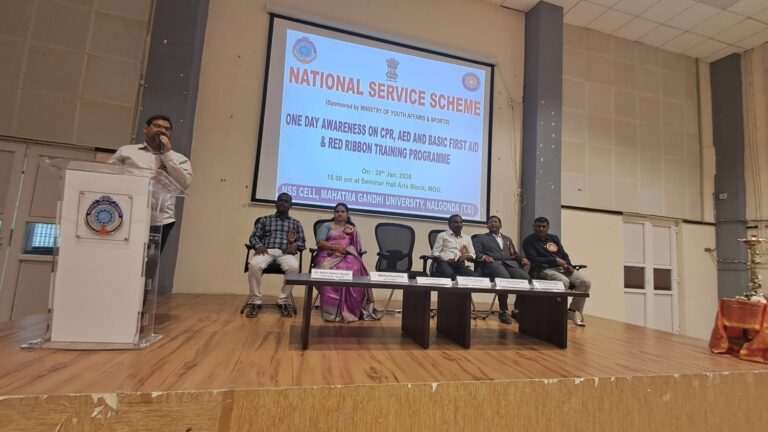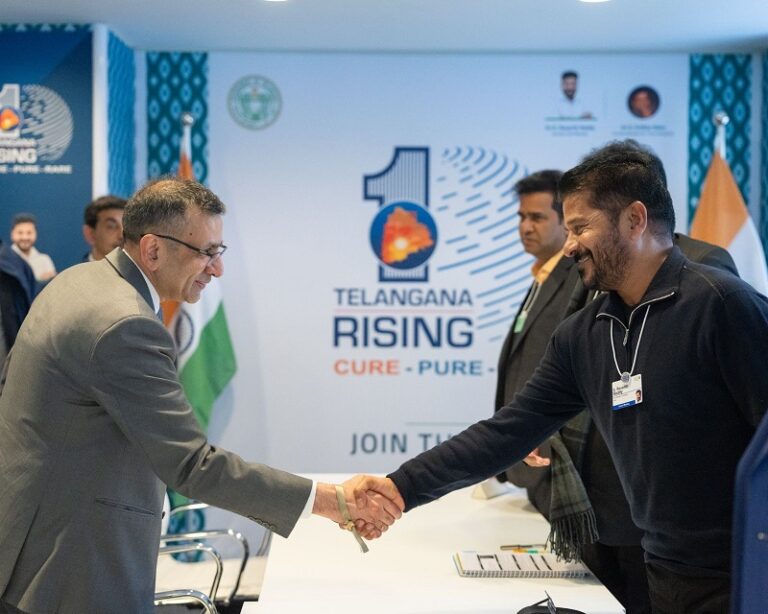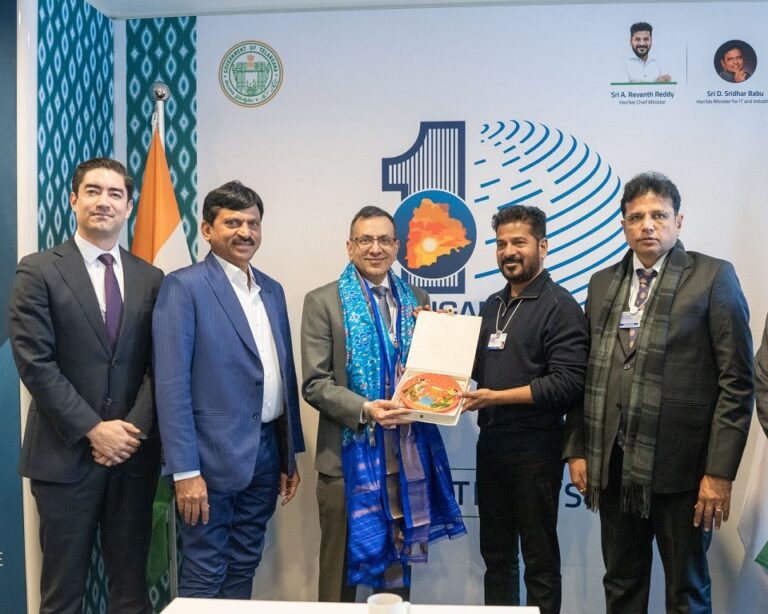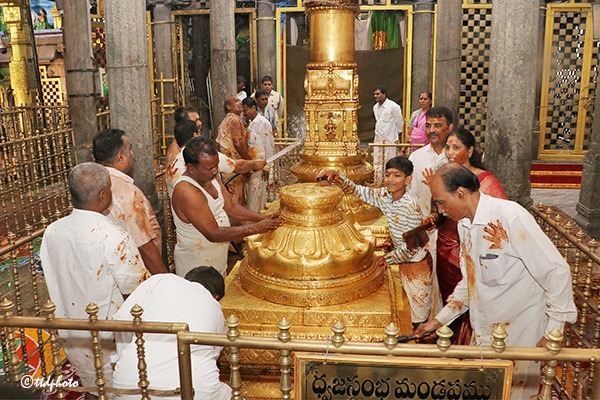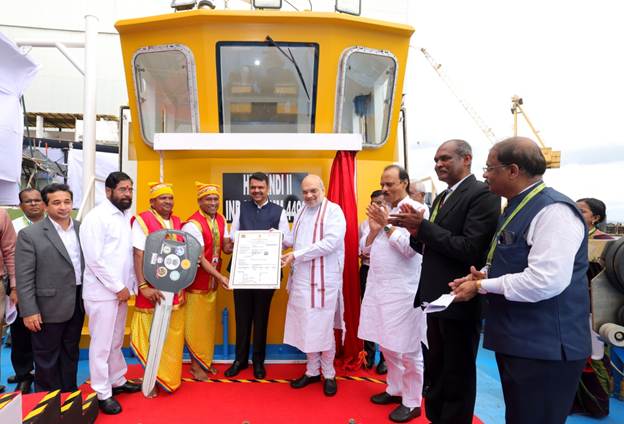
MUMBAI, OCTOBER 27, 1015: Union Home Minister and Minister of Cooperation Amit Shah inaugurated Deep Sea Fishing Vessels under the Pradhan Mantri Matsya Sampada Yojana (PMMSY) at Mazgaon Dock, Mumbai. The event marks a significant stride towards realizing Prime Minister Shri Narendra Modi’s vision of ‘Atmanirbhar Bharat’ and strengthening India’s blue economy through cooperative-based fisheries development.
The occasion was graced by Maharashtra Chief Minister Devendra Fadnavis, Deputy Chief Ministers Eknath Shinde and Ajit Pawar, and Union Minister of State for Cooperation Shri Murlidhar Mohol. Shri Amit Shah emphasized that this initiative will empower fishermen economically, ensuring that profits from deep-sea fishing reach every household through cooperative ownership and participation.

He highlighted that the Government of India, in collaboration with the Ministry of Cooperation, Department of Fisheries, and State Governments, will continue to provide modern trawlers and support infrastructure to fishermen on a cooperative basis. Initially, 14 advanced trawlers are being deployed, each capable of remaining at sea for up to 25 days and carrying 20 tons of fish. These vessels are equipped with modern amenities for living, dining, and navigation, making fishing more efficient and sustainable.
Cooperative Model for Fishermen Empowerment
Shri Amit Shah underlined that the central philosophy of cooperation is to ensure that the hardworking poor become owners of the profit. He remarked that the country’s prosperity cannot be measured merely in terms of GDP growth but must also be gauged by the human-centric empowerment of every family. When the poor are economically self-reliant and can provide education, healthcare, and nutrition for their families, the nation achieves true progress.
The Ministry of Cooperation aims to replicate the success of cooperative models seen in dairy, sugar mills, and agricultural marketing sectors within the fisheries domain. By linking fishermen through cooperatives, the government seeks to create a value chain that covers fishing, processing, storage, and export — ensuring that the benefits flow directly to the fishermen. Plans include establishing fish processing units, chilling centers, export linkages, and large collection vessels managed by cooperatives.
Harnessing India’s 11,000 km Coastal Potential
India’s vast coastline, stretching nearly 11,000 kilometers, offers immense potential for the growth of marine fisheries. Shri Amit Shah informed that total fisheries production in India has increased significantly — from 102 lakh tonnes in 2014-15 to 195 lakh tonnes in 2024-25. Freshwater fisheries have grown by 119%, from 67 lakh tonnes to 147 lakh tonnes, while marine production has risen from 35 lakh tonnes to 48 lakh tonnes.
The Ministry of Cooperation, in coordination with the Department of Fisheries, is now working towards expanding cooperative-based deep-sea fishing to all coastal states, ensuring sustainable harvesting and equitable profit-sharing among fishermen communities.
Towards a Human-Centric Blue Economy
Reiterating Prime Minister Modi’s vision, Shri Amit Shah stated that the success of cooperatives in Amul (Gujarat) and sugar mills (Maharashtra) demonstrates how cooperative institutions can transform rural livelihoods. He said, “Just as dairy cooperatives have empowered millions of women and farmers, fisheries cooperatives will soon become vehicles of prosperity for our fishermen brothers and sisters.”
The initiative reflects the Modi government’s commitment to inclusive development — blending economic growth with social equity. The cooperative-based blue economy will not only boost export potential but also ensure that the poorest citizens along India’s coastline share equally in the nation’s prosperity.

